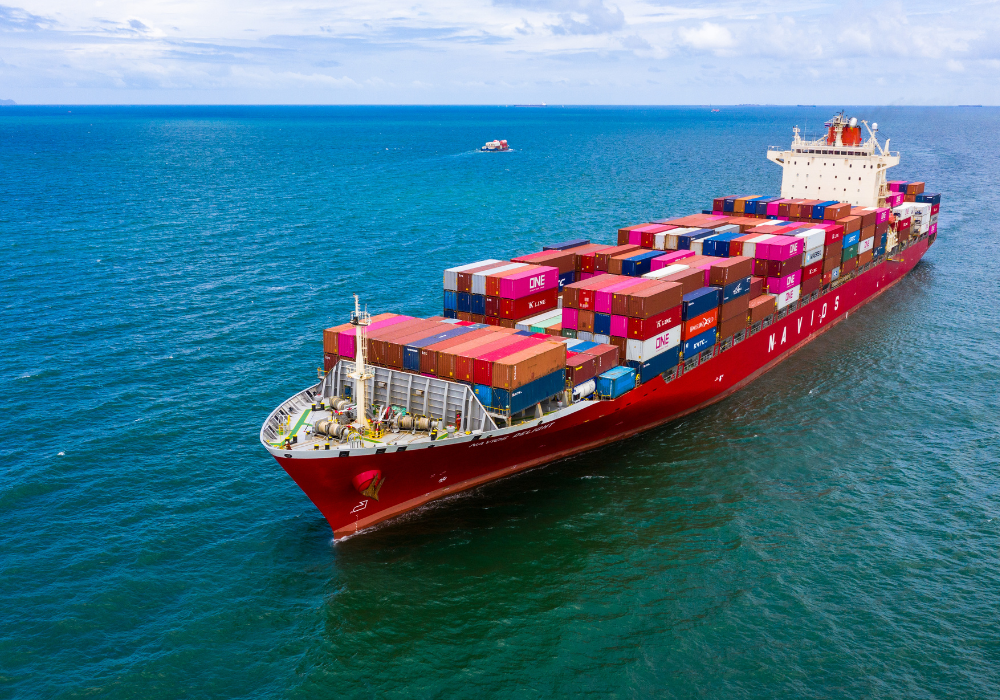The economic impact of abandoning the WTO
In collaboration with The International Chamber of Commerce


Oxford Economics have been commissioned by the International Chamber of Commerce (ICC) to provide an independent assessment of the potential impact of WTO dissolution on developing economies.
A shifting international economic environment has raised a number of challenges for the World Trade Organization (WTO) in recent years. Despite the clear need to update its rulebook, member states have been struggling to reach multilateral consensus on reform. This gridlock is now threatening to erode trust in members’ commitments.
This report provides an independent assessment of the potential consequences for developing economies of the demise of the rules-based multilateral trading system. The WTO is especially important for developing economies, as it helps build their trade capacity. Strong growth in developing countries is needed to reduce poverty, and trade is a critical enabler of growth.
We estimate that WTO dissolution would lower exports of developing countries by around a third, comparing to a baseline where the “status quo” of the rules-based multilateral trading system remains intact. This reduction in trade volumes stems from more restrictive government policies as well as an increase in trade barriers linked to higher information costs and uncertainty.
Our estimates suggest that WTO dissolution would lower GDP for developing countries as a group by 5.1% by 2030, relative to the “status quo” baseline. Output losses would fall disproportionately on the poorest and most vulnerable nations of Sub-Saharan Africa as well as South and Central Asia, with output losses averaging around 6%-6.5%.
The experts behind the research
Our Macro Consulting team are world leaders in quantitative economic analysis, working with clients around the globe and across sectors to build models, forecast markets and evaluate interventions using state-of-the art techniques. Lead consultants on this project were:

Lloyd Barton
Head of Thematic Macro Consulting, EMEA

Thang Nguyen
Lead Economist, Macro Consulting
Tags:
Recent Trade reports

Global Trade Education: The role of private philanthropy
Global trade can amplify economic development and poverty alleviation. Capable leaders are required to put in place enabling conditions for trade, but currently these skills are underprovided in developing countries. For philanthropists, investing in trade leadership talent through graduate-level scholarships is an opportunity to make meaningful contributions that can multiply and sustain global economic development.
Find Out More
Mapping the Plastics Value Chain: A framework to understand the socio-economic impacts of a production cap on virgin plastics
The International Council of Chemical Associations (ICCA) commissioned Oxford Economics to undertake a research program to explore the socio-economic and environmental implications of policy interventions that could be used to reduce plastic pollution, with a focus on a global production cap on primary plastic polymers.
Find Out More
Eurozone: Little sign of harm from the Red Sea disruptions
The impact of Red Sea shipping disruption on the eurozone economy continues to be limited, in line with our baseline view. Our new Eurozone Supply Stress Indicator suggests that supply pressures have returned to normal following a period of easing in 2023.
Find Out More
China decoupling – how far, how fast?
Economic decoupling from China is ongoing, but the latest evidence suggests that, especially outside the US, the process is gradual and piecemeal. Trade decoupling may be slowly spreading from the US to other advanced economies, however surveys suggest foreign investors' attitudes to China improved slightly in 2023, though they are still more negative than a few years ago.
Find Out More